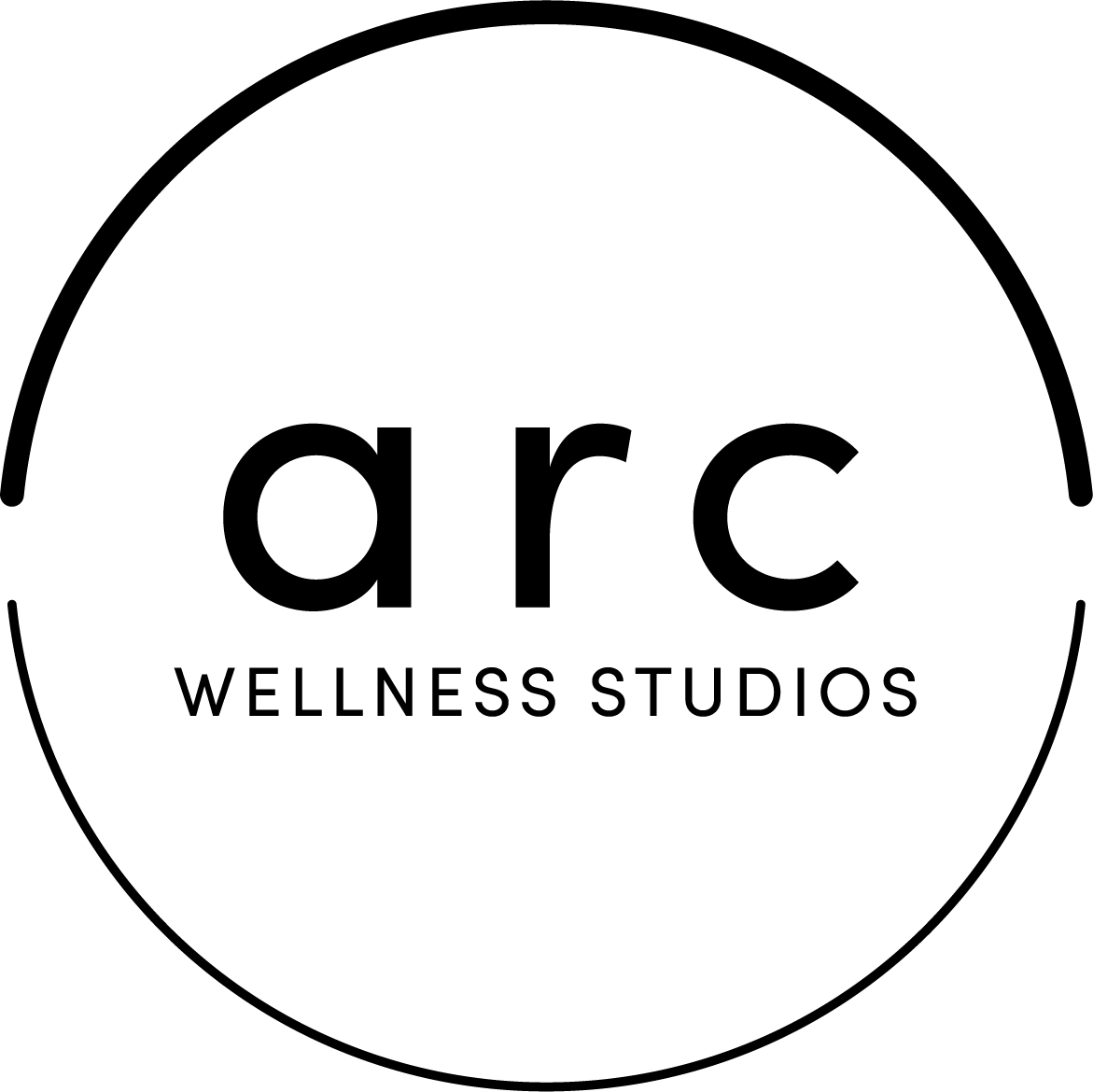Feel Stronger, Move Better: The Real-Life Benefits of Pilates (Backed by Science!)
If you've ever heard someone rave about Pilates and wondered what the big deal is — you're not alone. Pilates isn't just a trend or something only for dancers and gym-goers. It's a gentle yet powerful form of exercise designed for every body, no matter your age, shape, or fitness level. And best of all? There’s solid research showing just how much it can help you feel better, move easier, and even reduce pain.
Here’s a closer look at how Pilates can support your health and well-being — with some real numbers to back it up.
💪 1. Stronger Core, Better Stability
Pilates is best known for helping to build a strong and stable core — think of it like strengthening your body’s foundation. That means more support for your back, better balance, and fewer injuries. One study found that people who did Pilates for just 12 weeks had a 21% improvement in core endurance (Kloubec, 2010).
✅ Why it matters: A stronger core can make everyday movements like standing, lifting, and reaching easier and safer.
🧘♀️ 2. More Flexibility and Better Posture
Pilates encourages long, controlled movements that stretch and lengthen muscles. It also helps you become more aware of your body’s alignment. In a 2014 study, women who practiced Pilates twice a week for three months improved their flexibility by 24% and their posture by 17% (Cruz-Ferreira et al., 2014).
✅ Why it matters: Better posture can reduce tension in your neck and shoulders and help you feel more comfortable in your body.
🛏️ 3. Relief from Back Pain
If you deal with low back pain, you’re not alone — and Pilates might offer some much-needed relief. A large review of studies found that Pilates helped reduce pain and disability more than minimal or no exercise. In fact, 60% of people reported less back pain after just six weeks of Pilates (Yamato et al., 2015).
✅ Why it matters: A gentle, supportive routine like Pilates can help you manage chronic pain and build strength safely.
🧠 4. Boosted Mood and Mental Clarity
Pilates is about more than just movement — it’s also about mindfulness and breath. That combo can be incredibly calming. In one study, people who practiced Pilates regularly reported a 15% improvement in mental well-being, including better mood and higher self-esteem (Jung et al., 2016).
✅ Why it matters: Regular movement, especially when it includes deep breathing and focus, can help reduce stress and improve your mental health.
👟 5. Improved Balance and Coordination
Pilates can also help you feel more steady on your feet. This is especially helpful as we age, but it’s great for anyone wanting to feel more confident moving through daily life. A study with older adults found a 30% improvement in balance after 10 weeks of Pilates (Bird et al., 2012).
✅ Why it matters: Better balance means fewer falls and more confidence doing everyday activities.
🌟 Final Thoughts: Pilates Is for Every Body
One of the best things about Pilates is how adaptable it is. Whether you're brand new to exercise, returning after an injury, or looking for a way to complement your current routine — Pilates meets you where you are.
It doesn’t require fancy equipment or extreme flexibility. Just a mat, a little space, and your breath.
Sources:
Kloubec, J. A. (2010). Pilates: How does it work and who needs it? Journal of Bodywork and Movement Therapies.
Cruz-Ferreira, A. et al. (2014). Effects of Pilates on physical functioning, pain, and psychological health in women with fibromyalgia. PLOS ONE.
Yamato, T. P. et al. (2015). Pilates for low back pain: A systematic review and meta-analysis. Clinical Rehabilitation.
Jung, J. et al. (2016). Effects of Pilates on mental health parameters in adults. Journal of Exercise Rehabilitation.
Bird, M. L. et al. (2012). Benefits of a Pilates program for older adults. Archives of Gerontology and Geriatrics.
